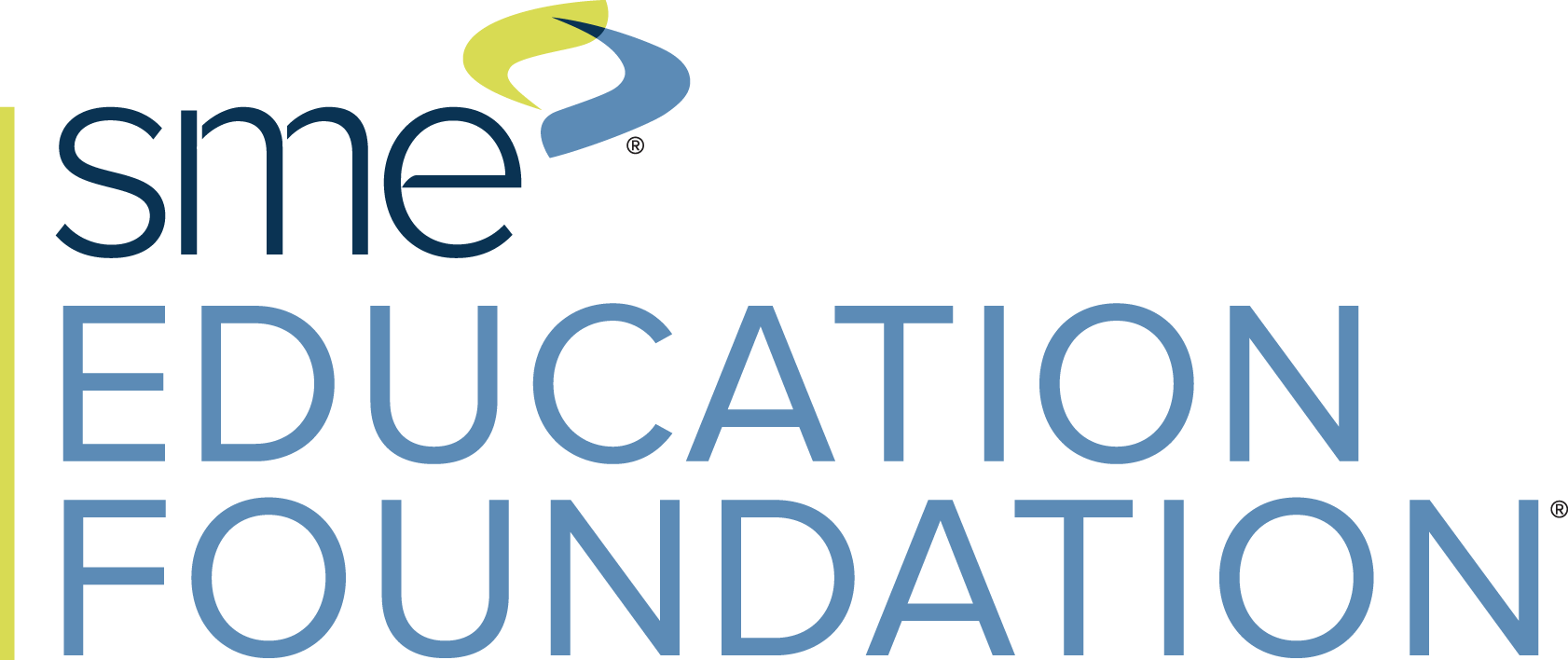
Racine Case High School in Wisconsin may have been forced to delay implementation of its SME PRIME (Partnership Response in Manufacturing Education) program due to COVID-19, but the school has been making up for lost time.
In the past year, Racine Case has formed a machine-repair career pathway, implemented new courses and received a Festo equipment training system. In addition, a representative of Butter Buds — a Racine food manufacturing company that is also an SME PRIME partner and donor — visited one of the school’s manufacturing classes. And in May, a dozen students are scheduled to visit the local production facility of another PRIME partner and donor, E.C. Styberg, a leading manufacturer of drums, rotors and hydraulic components.
According to Scott Wyma, technical education teacher at Racine Unified School District, The Academies of Racine at Case High School, it all started about three years ago. That’s when a representative of SME PRIME contacted Wyma and they began talking about implementing the PRIME program. The SME Education Foundation then conducted a survey of manufacturing employers in the Racine area to find out what local companies were looking for in employees. After compiling the results, Racine Case decided to switch from a CNC-based career pathway to a machine-repair pathway.
“This year is the first real year of implementation as far as classes go,” notes Wyma. “Last year, we were finishing up passing through all the students who had been in the CNC pathway, getting that done and out of the way. This year, we started with a couple of courses that we’re going to use for our pathway now.” Those courses are Mechatronics, taught in Racine Case’s first semester, and Mechanical Skills, taught in the second semester.
Describing the Mechatronics course, in which about 30 students are enrolled, Wyma says, “What we do is construct programmable logic controls on a computer program. Then we have some small machinery apparatuses that we plug into and make it operate.”
 The second course, Mechanical Skills, is a hands-on industrial machinery lab where students — 17 in the 2021-22 school year — put together and take apart different Festo systems, working with chain drives, belt and pulley drives, and gear drives. “We learn how to make calculations so that we can come up with the belt sizes and chain sizes,” says Wyma. “We can calculate speeds and torques, and we have a unit here where we put everything together. The students learn how to align everything properly, gauge it all and make sure that things are working as they should.”
The second course, Mechanical Skills, is a hands-on industrial machinery lab where students — 17 in the 2021-22 school year — put together and take apart different Festo systems, working with chain drives, belt and pulley drives, and gear drives. “We learn how to make calculations so that we can come up with the belt sizes and chain sizes,” says Wyma. “We can calculate speeds and torques, and we have a unit here where we put everything together. The students learn how to align everything properly, gauge it all and make sure that things are working as they should.”
Wyma has firsthand knowledge of putting together and taking apart mechanical systems, having worked in various industries in manufacturing for close to 35 years. “I ran a couple of different machine shops and I worked for some larger companies,” he says, noting that along the way he earned an industrial engineering degree, a business degree, and a master’s degree in employee training and development.
According to Wyma, his hands-on background provides him with an advantage when it comes to his training-related responsibilities at Racine Case. “When I was in industry I did a lot of on-the-job training, so that’s where my hand works out pretty well,” he says.
Wyma is looking forward to next year, when the high school’s previous career pathway, CNC, will have been completely phased out and machinery repair will become the primary focus.
In the meantime, this year has been a critical one for the program, as the school was again able to bring students into a physical environment for hands-on labs after essentially missing a year due to COVID-19.
Now that in-person labs are up and running again — and students have the opportunity to earn certifications — Wyma looks forward to helping fill the area’s manufacturing skills gap in the not-too-distant future. Of his PRIME students who are currently sophomores and juniors, he points out, “The majority are going to be going into industry.”

